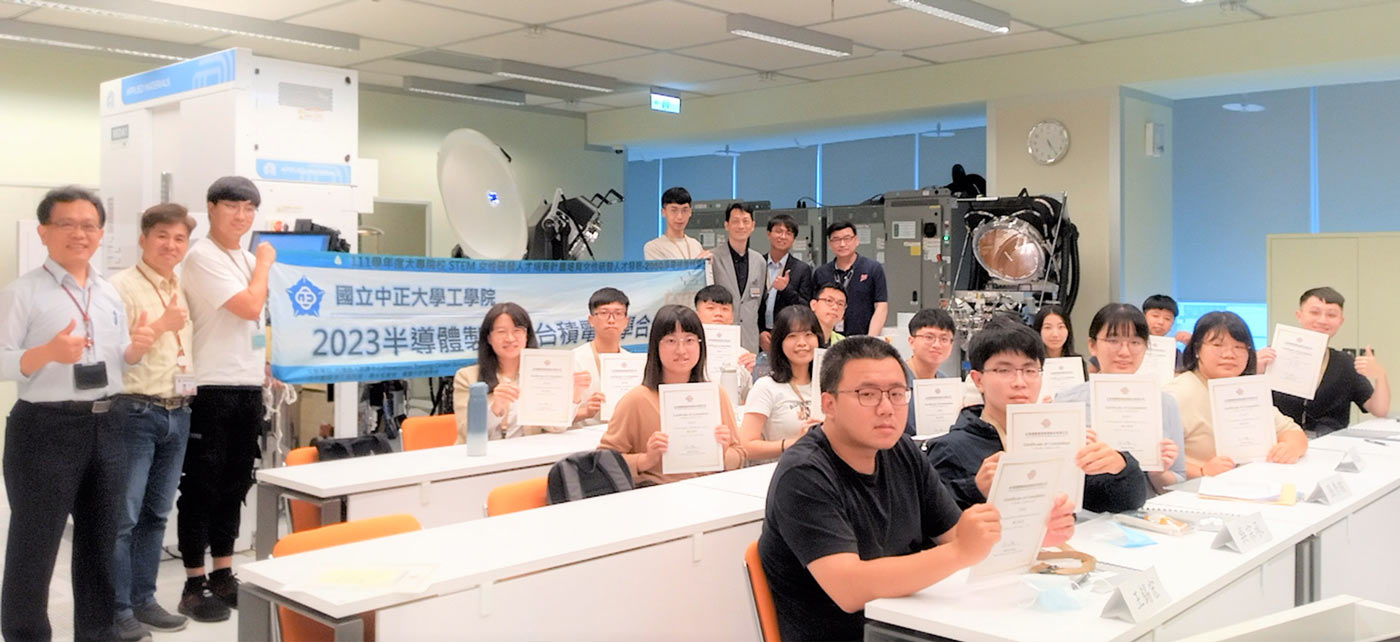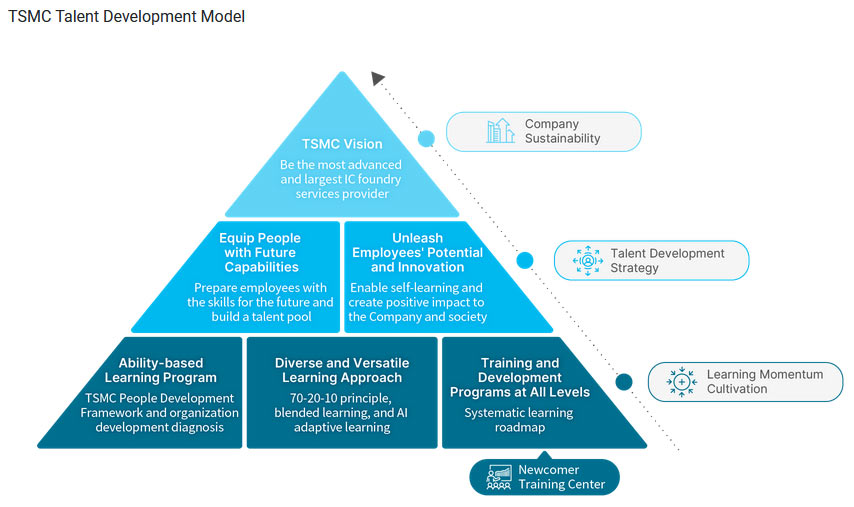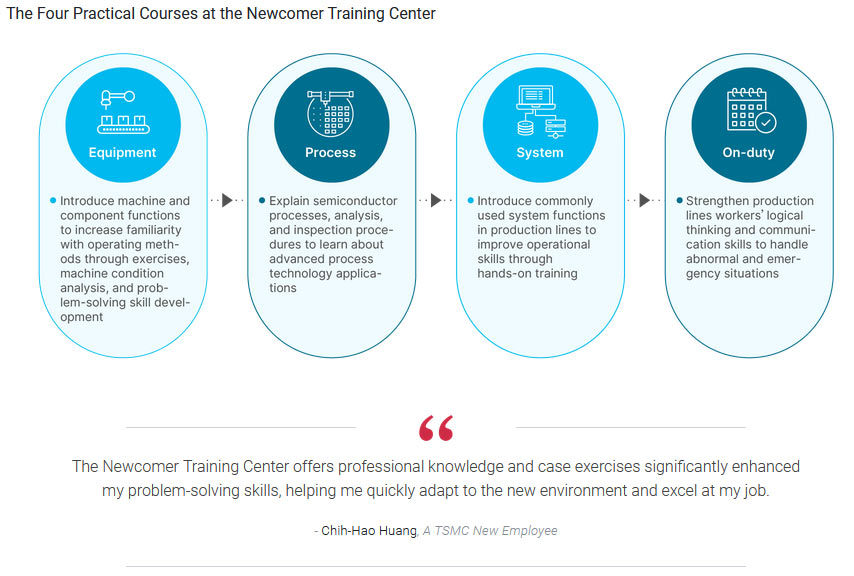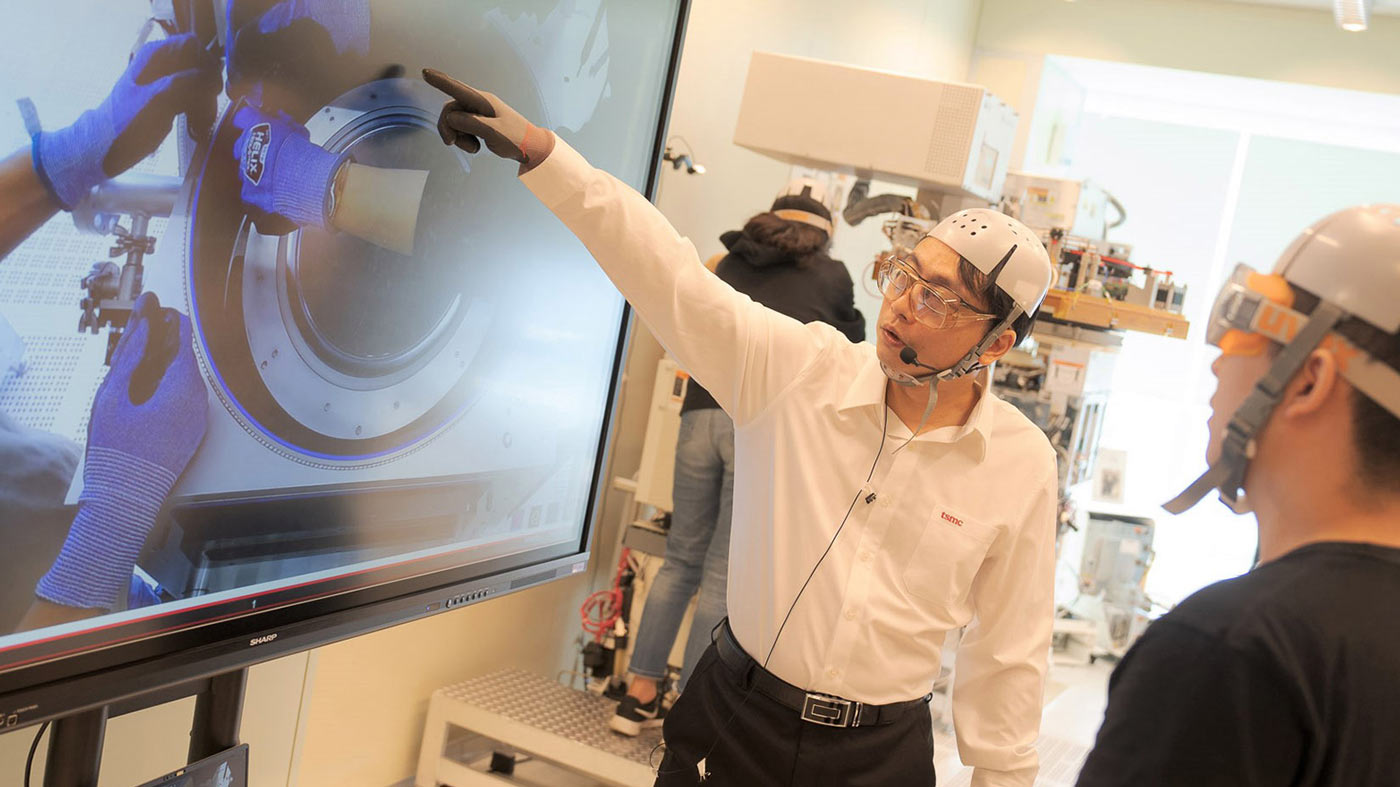TSMC is on a hiring spree to recruit 23,000 employees — comes amid explosive multi-continent expansion
New training methods and cultural changes will facilitate the expansion.

Due to insatiable demand for the world’s most advanced microchips, TSMC is on a hiring spree. Successfully surfing wave after wave of tech industry trends, the contract chipmaker aims to swell its ranks from 77,000 to 100,000 over the next few years, according to the company’s SVP of human resources, Laura Ho (via CNN). Ho says this explosive growth means not only a need to change hiring methods but also to adjust the work culture and find a new way of training the rapid inflow of new employees.
Finding and training talented employees
TSMC was once well-known for its buddy system for new engineers. A new employee would shadow an experienced hand to move beyond book smart and become factory smart. However, things have already been changing, as TSMC employees have already rapidly grown in number from 56,000 at the end of 2020 to 77,000, according to the latest figures. To adapt, TSMC created a new dedicated training factory in Taichung, dubbed the Newcomer Training Center. The Center features 20 main machines and 12 measurement and ancillary machines for instructional purposes, delivering almost on-the-job training without risks to products. This new training process takes around eight weeks to deliver “a solid foundation.”


Another aspect of TSMC’s traditional way of establishing a new factory or fab that will have to change is how it seeds new facilities with established talent from Taiwan. With the difficulty of hiring and keeping the best staff, seeding will have to be scaled back somehow without removing the benefits it delivers—currently, every new fab needs Taiwanese engineers to get going at home or abroad. Meanwhile, the world has woken up to the importance of semiconductors, and qualified, experienced staff are highly sought after – with both companies and countries competing for such talent.
“There’s a scarcity of talent worldwide,” TSMC’s SVP of human resources admitted plainly,
Culture hurdles
Remember, TSMC is now beginning to expand globally in earnest. Sizable new fabs in Phoenix in the United States, Kumamoto in Japan, and Dresden in Germany also present problems beyond sheer number of experienced workers. One of the biggest differences TSMC management will have to yield to is accommodating local work culture.
On its home turf, TSMC can demand a higher level of dedication from employees, requiring not just competence and effort on the job but irregular overtime and flexibility. The Japanese recruits a Kumamoto will be used to a similar work culture, but adjustments are needed in the US and Germany. For example, we have seen friction at TSMC Arizona as culture wrinkles get ironed out for both locals and imported Taiwanese employees.

Meanwhile, in Taiwan, some lawmakers and other business owners look at TSMC’s global expansion and worry that it means Taiwan’s importance in the global semiconductor supply chain will be diluted. Ho assured that some things won’t change. “The most leading-edge technology will absolutely start from Taiwan,” she told CNN. Nevertheless, she admitted that a new way of global business will need to be established.
Stay On the Cutting Edge: Get the Tom's Hardware Newsletter
Get Tom's Hardware's best news and in-depth reviews, straight to your inbox.

Mark Tyson is a news editor at Tom's Hardware. He enjoys covering the full breadth of PC tech; from business and semiconductor design to products approaching the edge of reason.